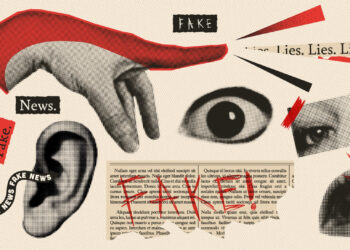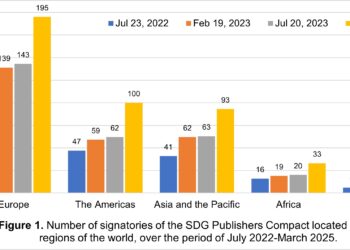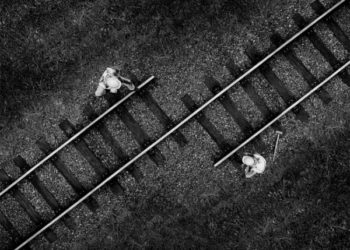Security is one of the uncounted costs of digital publishing. We’re so often told that everything on the internet should be free (or at least very inexpensive, see here and here) yet no one seems to take into account the complex and expensive services and activities that have to be maintained. As publishers, we collect a significant amount of confidential data on who is submitting papers, who is reading papers and who is paying for things (along with their payment methods, account and credit card numbers, social security numbers if we’re paying a royalty, etc.). All of this information must be protected from the near-constant onslaught by hackers that any online property faces.
And now we have the US government asking for security holes to be built into every device and every system so they can access that confidential information in the investigation of crimes. It’s easy to understand the motivation here, as well as the danger that such a weakening of systems would require. John Oliver, in the video below, does a superb job of fairly presenting the issues, as he puts it, “there is no easy side to be on in this debate.” (warning, the video does include some Not-Safe-For-Work language, so you may not want to play this loudly in your open plan office).
Discussion
1 Thought on "Whither Encryption? Apple's Complicated Stand and the Security of our Systems"


